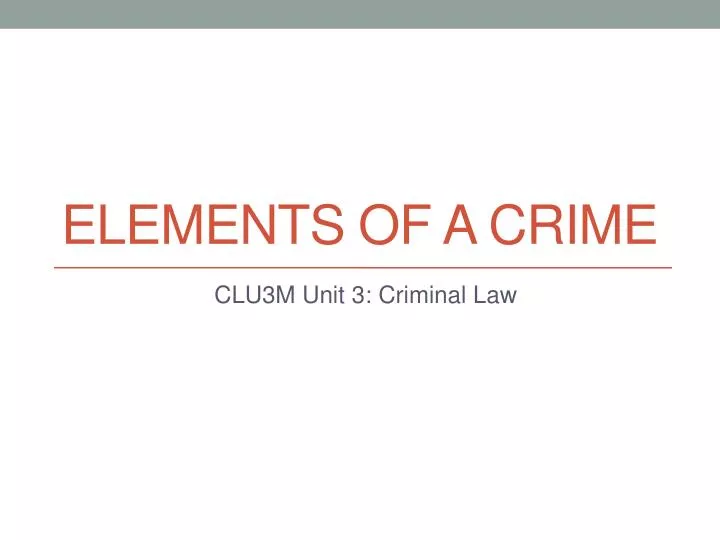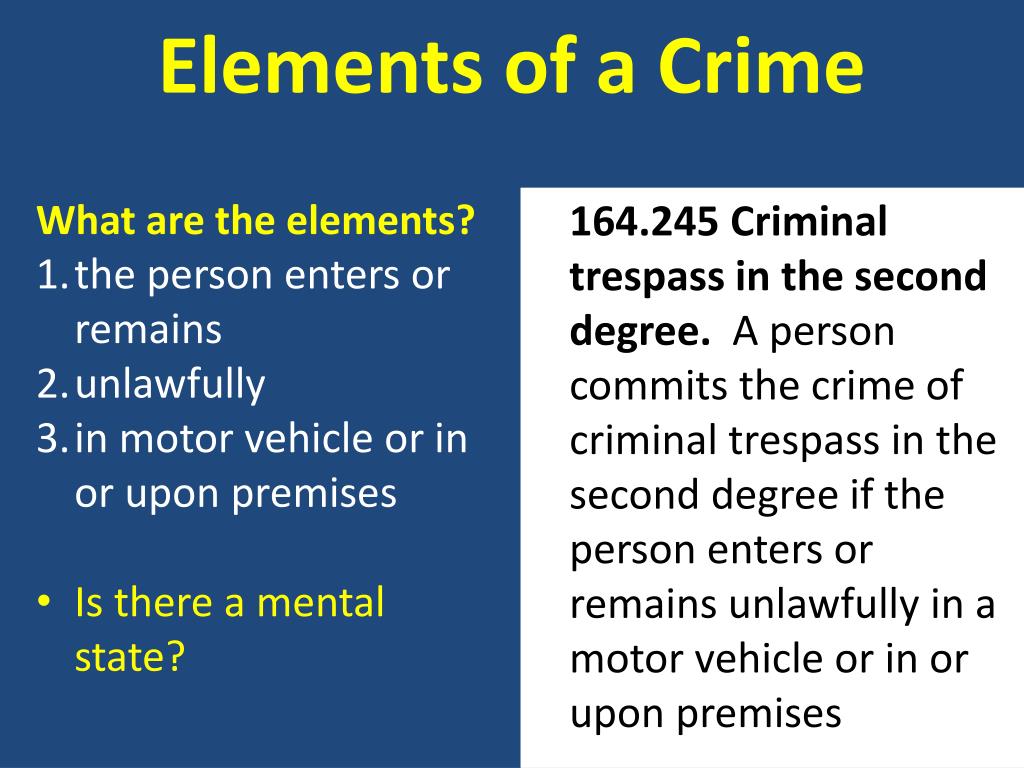

He was charged with knowing conversion of government property, a federal crime. Morisette later sold them in a nearby town as scrap for $84. He believed that they were abandoned because they had been dumped in disorderly piles, so he took three tons of them to a farm and flattened them with a tractor. In this paper I reassess the significance of Morgan, in particular by placing the decision and its aftermath in the context of mid-twentieth century debates about mens rea and responsibility and changing understandings of sexual offences.Morisette was deer hunting in an area marked as a bombing range when he found some spent military shell casings. Ultimately the assumptions on which Morgan was built unravelled fast with the passing of the Sexual Offences Act 2003 (and 2009 in Scotland) and the case is now primarily of historical interest. It was attacked as one of the high watermarks of subjective approaches to mens rea, and it was seen as a symbol of outdated attitudes towards the protection of female victims of sexual assault. The case was a lightning rod for critical accounts of the criminal law throughout the 1980s and 1990s. In spite of this controversy the decision was upheld, and even restated in section 1 of the Sexual Offences (Amendment) Act 1976. In decrypting Article 70(1)(c) and attempting to determine whether it is a crime of conduct or consequence, the author will take a strict methodological approach to address (i) its nature as an offence as opposed to crime (ii) the requisite mens rea for the commission thereof (iii) acceptable and illegitimate practices as regards witness contact to determine proscriptive conduct likely to satisfy the actus reus element and (iv) the legal framework and justification for her definitional reading of the article.ĭPP v Morgan (1975) is a curious kind of landmark case, notorious, for establishing the rule that any man who honestly believed a woman was consenting, however unreasonable his grounds for doing so, could not be convicted of rape. The author asserts deconstructing Article 70(1)(c) – the offence of “corruptly influencing” a witness – in light of established jurisprudence is particularly critical because its parameters are untested and elements unknown. Lacking explicit direction on the appropriate construal, unanswered questions linger as to the nature of Article 70 and its interpretation. Indeed, such offences are subject to divergent national standards wherein what would be little more than ethical issues subject to disciplinary sanctions in one municipality might well be civil or criminal offences in another.

However, there is an absence of consensus as to the nature of the offences enumerated. Offences against the administration of justice – a generality encompassing various forms of conduct – exists in numerous legal incarnations in every jurisdiction, and has been enshrined in Article 70 of the Rome Statute.

It represents the international community’s collective will to create a powerful voice that translates into and enforces the law. The International Criminal Court is increasingly acknowledged as this century’s putative currency of justice. Critical and hermeneutical approaches with doctrinal method constitute the methodology. This paper finally makes some recommendations towards the improvement of the justice system in the relevant matters. At extreme, one can only be convinced by such extra-jurisdictional concerns.

This paper agrees totally with the principle that codifies statutes contain sufficient provisions that are enough to consider any relevant legal issue within a particular jurisdiction, it would no longer be in connection with to undertake a voyage or have to revise to any legal system outside the jurisdiction.
JURISDICTION AS ELEMENT OF CRIME CODE
The study of the researcher discovers that the significant provisos of the Criminal Code are exhaustive in nature for considering and deciphering the criminal intent of any person, if any, of an accused in view of conviction and sentencing the person for the criminal act. This paper discusses about all the possibilities or about all the applications of the common law doctrine of mens rea and actus reus in criminal jurisprudence on whole.


 0 kommentar(er)
0 kommentar(er)
